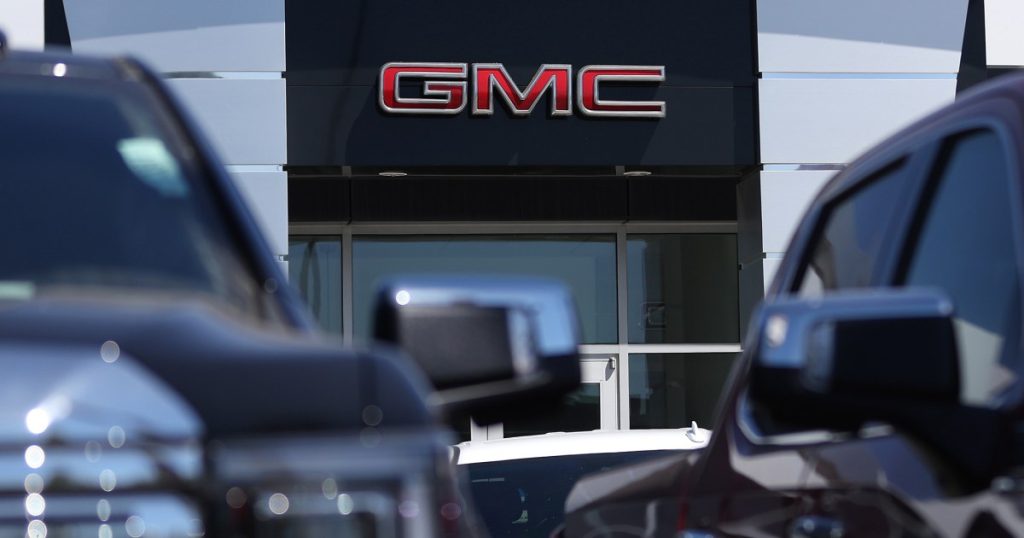General Motors is cutting more than 1,000 salaried employees in its software and services division. This decision follows a review aimed at streamlining operations. The layoffs include approximately 600 jobs at GM’s tech campus near Detroit and come shortly after leadership changes, including the departure of former Apple executive Mike Abbott due to health reasons. A GM spokesman stated that the layoffs are part of an effort to simplify processes for speed and excellence and prioritize investments with the greatest impact. Impacted employees were notified on Monday morning.
While GM has not disclosed the exact number of layoffs, a source familiar with the situation confirmed that over 1,000 salaried employees would be affected, including 600 in Warren, Michigan. This represents about 1.3% of the company’s global salaried workforce of 76,000 as of the end of last year. The cuts are being made as automakers look to reduce costs and headcount amid concerns of an industry downturn. At the same time, they are investing heavily in emerging markets like electric vehicles and software-defined vehicles.
Software has become a significant focus for automakers like GM as they seek to monetize it and create recurring revenue streams through subscriptions and other services. The software and services division at GM covers various areas including infotainment, the OnStar brand, and emerging features such as subscriptions. Many automakers are making efforts to increase profits by leveraging software opportunities in their vehicles. This move by GM is part of a broader strategy to lead the way in the rapidly changing automotive industry and ensure long-term success.
The layoffs in GM’s software and services division reflect a broader trend within the automotive industry, where companies are looking for ways to cut costs and streamline operations in the face of economic uncertainty and shifting consumer preferences. As automakers shift towards new technologies like electric vehicles and autonomous driving, they are also investing in software solutions to enhance the functionality and user experience of their vehicles. This shift towards software-defined vehicles presents new challenges and opportunities for automakers to differentiate themselves in a highly competitive market.
The impact of the layoffs on GM’s workforce and the broader automotive industry remains to be seen. While the company is focused on positioning itself for future success by investing in new technologies and streamlining operations, the layoffs may have repercussions for affected employees and their families. As automakers navigate the challenges of a changing industry landscape, they must balance the need for innovation and growth with the reality of cost pressures and market fluctuations. The decisions made by GM and other companies in the industry will have far-reaching implications for the future of mobility and the automotive ecosystem as a whole.


